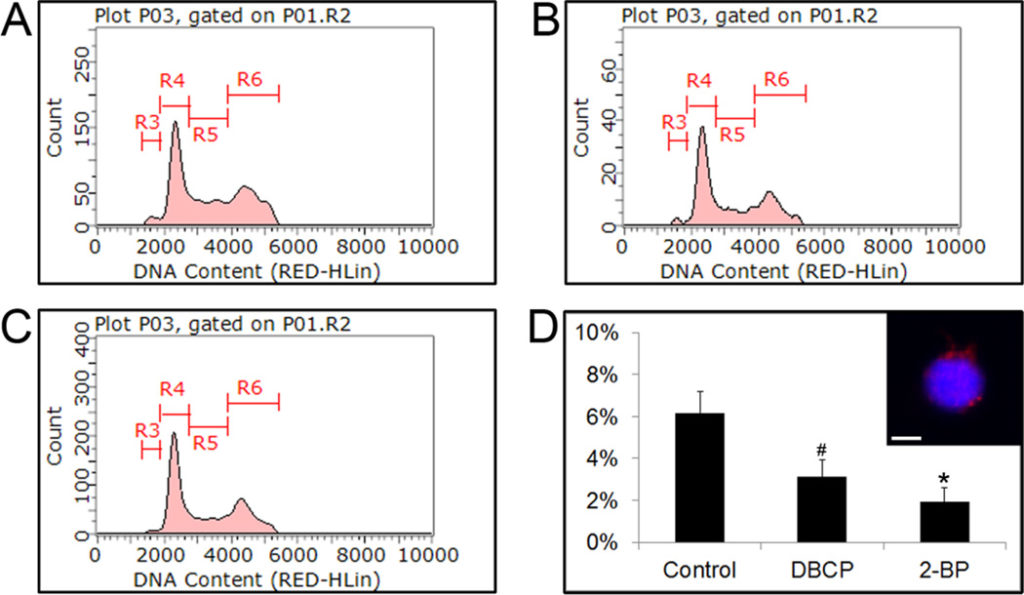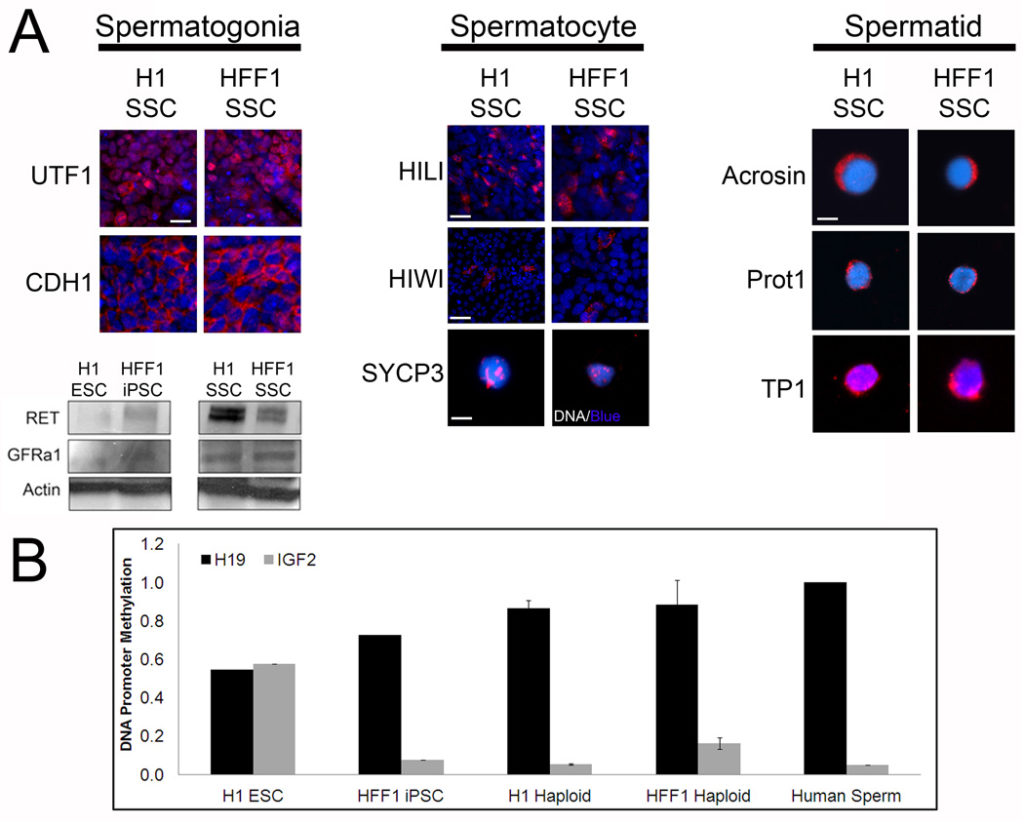Projects

Assessing the Reproductive Toxicity of Various Environmental Toxicants using a Novel in vitro Spermatogenesis Model
This project utilizes our novel stem cell-based in vitro model of human spermatogenesis to examine the effects and identify sub-cellular mechanisms of known and unknown/predicted reproductive toxicants on various windows of susceptibility during spermatogenesis. Our model aids to determine how environmental exposures and pharmaceuticals can contribute to male infertility and transgenerational health concerns.

Using Non-human Primate Pluripotent Stem Cells to Treat Male-factor Infertility
This project uses non-human primate pluripotent stem cells to test the concept that functional haploid spermatids can be derived in vitro from pluripotent stem cells to help determine whether patient-specific pluripotent stem cells can be utilized to treat male factor infertility.

Developing a novel in vitro fluorescent reporter system to assess potential male contraceptives
This Phase I project seeks to build on our current in vitro human spermatogenesis model by adding fluorescent reporters to enable high throughput/high content assays to begin identifying potential male contraceptives.
